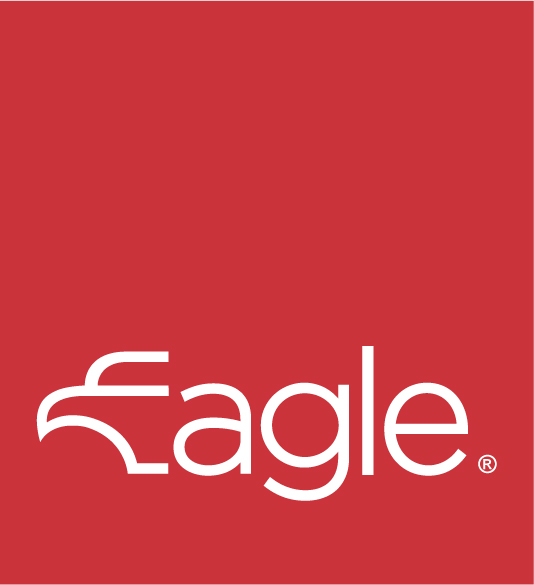Leading U.S. Beef Producer Food Safety Audit

Industry: US Beef Processing
Focus: Assess & improve food safety programs, reduce waste & explore potential cost savings
Notable Findings
- Waste production for such a thick glove is extensive, and caused cramping of workers hands, affecting productivity.
- Refine the range of food safe products, allowing for cost savings and streamlining sourcing.
- Product changes estimated to save the Company $240,000 annually.
Background:
Operating within stringent food safety standards, a leading beef processing plant in the U.S. partnered with Eagle Protect (the top supplier to the New Zealand beef exporting industry) to conduct a food safety audit at one of their facilities. No recalls or events demanded an audit, but rather the Company's effort to continuously improve their food safety programs and sustainability goals.
Audit Focus:
The intent of the audit was to engage in a quantitative, due diligence phase to assess and improve the Company's food safety programs, reduce waste and explore potential cost savings.
“The intent of the audit was to…improve the company's food safety programs, reduce waste and explore potential cost savings.”
Eagle Protect reviewed, assessed and recommended improvements in current food safety and sustainability practices through best use of disposable gloves and clothing products, throughout the various departments of the processing plant.
Overall the Company's food safety procedures were followed and well-understood by all workers. However, a number of risks were identified:
Risks Identified:
- The selection of disposable food safety personal protective equipment (PPE) was varied throughout the facility. The product worn appeared to be at the worker's preference and demands, rather than a refined selection of fit for purpose PPE.
- Heavy duty latex gloves were used in the pre-cooked department. Latex gloves are generally not recommended to be worn for food handling, and can affect workers and customers with latex allergies.
- For historical reasons an 11mil glove was used by processing workers. However, the job demands did not require this glove thickness, and waste production for such a thick glove is extensive. It also caused cramping of workers hands, affecting productivity, with documented worker musculoskeletal disorders (MSDS) and time off work was also a consequence.
- Both disposable smocks and laundered overclothes were worn in the pre-cooked department. Not only were the smocks a food safety issue due to ripping, the overclothes are not a requirement, negatively affecting costs and sustainability goals.
- Blue nitrile gloves with varying standards of quality were identified, due to supplier sourcing from multiple manufacturers. Workers complained of gloves ripping easily and becoming a food safety issue due to glove fragments in food. High glove failures increase waste production and worker downtime due to glove changes.
- Beard covers were ill fitting, with the potential for hairs to become food contaminants.
- Though food safety procedures were well understood, there was little ongoing worker training and documented in-house food safety audit practices in relation to gloves and protective clothing.
- Brand reputation potentially negatively affected due to PPE being sourced from multiple vendors with unknown supply chains. This leads to inconsistent product quality and lack of supply chain transparency.
“Workers complained of gloves ripping easily, becoming a food safety issue due to glove fragments in food.”
Solutions:
- Provide ongoing in-house training for the improvement of food safety in relation of correct glove and clothing selection and use.
- Refine the range of food safe products suitable for each department. This allows for cost savings and streamlined sourcing.
- Replace the 11mil glove with a thinner, equally strong food safety nitrile glove, that is fit for the demands of the job. This will reduce costs, reduce waste and improve worker efficiency by reducing MSDS and unnecessary glove changes.
- Introduce disposable smocks, custom designed for work with bloods, fats and meat products, eliminating the need for overclothes and therefore laundry costs, with improvements in sustainability goals.
- Purchase single-sourced and food safe verified gloves, for consistency of quality and reduced failures - subsequently improving food safety and worker efficiency.
- Source Eagle's tightly woven, breathable beard covers and hats to fully enclose hair.
- Document waste reduction goals and structure plans in place to meet these goals.
“Purchase single-sourced and food safe certified gloves, for consistency of quality and reduced failures - subsequently improving food safety and worker efficiency."
Results:
The Eagle Protect audit resulted in the following:
- Implemented product changes, as mentioned above, are estimated to save the Company over $240,000 annually.
- Highlighted associated business risks and how to mitigate these through the correct glove and clothing selection for specific food handling requirements.
- Improved product quality, waste and disposal savings, while improving food safety through single sourcing.
- Limited corporate liability with improvements in supply chain transparency, single-factory sourced and verified food safe gloves.
- Improved worker efficiency and reduced time off work due to musculoskeletal injuries.
- Provided worker education on the correct use of PPE, from hand hygiene to food handling - ultimately leading to improved current food safety programs.
- Partnered with Eagle to establish annual audit schedule and the provision of Eagle initiated in-house food safety audit and training.
“Through single sourcing and improved quality of products, the audit provided waste and disposal savings, while improving food safety.”
Conclusion:

Suppliers in the disposable glove and clothing industry are historically driven by price and aren’t known for their transparency. Eagle provides a better way of doing business.
This logo means Eagle is recognised as a force for good and the New Zealand's only certified B Corporation supplier of disposable gloves and clothing.
Does this case study resonate with your business?
Request a call with an Eagle Protect food safety disposable glove expert today!


